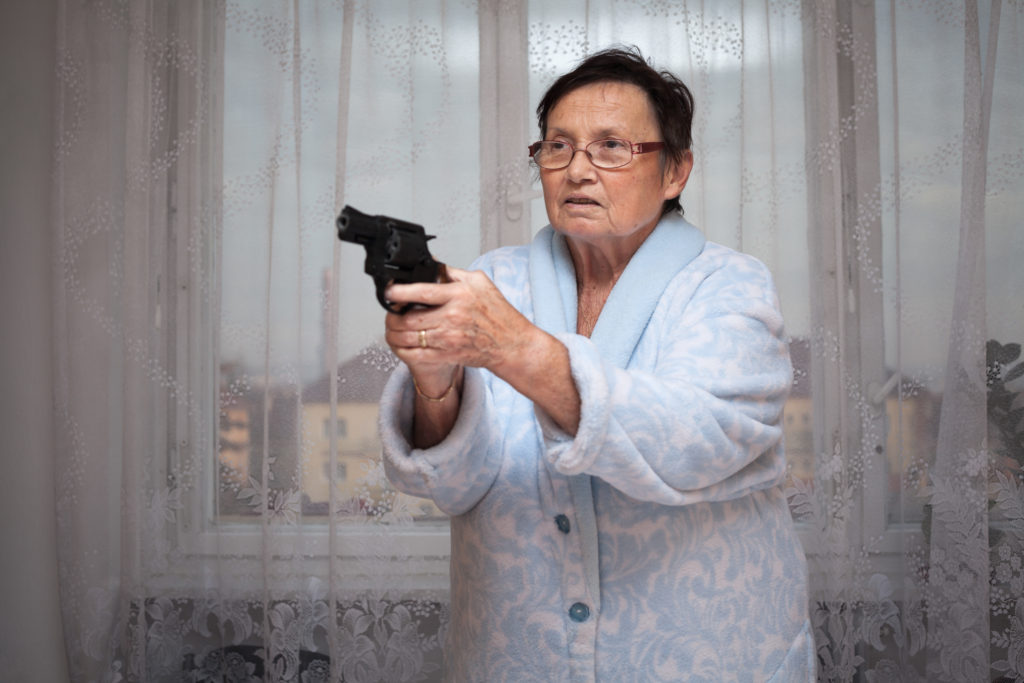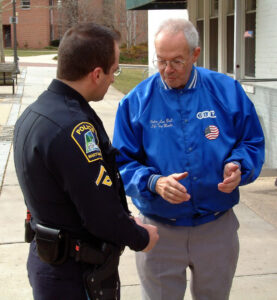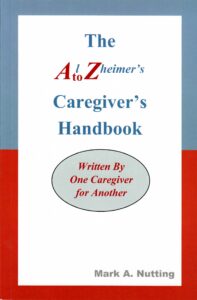In 2015, a woman was shot by her husband. Her husband was diagnosed 2 years prior with a dementia disease. He was a retired Police Chief and had access to his firearm. He shot her during a moment of confusion and paranoia. There is no positive outcome for a person who owns a firearm and has a diagnosis of some form of dementia, more appropriately called a major neurocognitive disorder. Dementia is a set of symptoms including poor judgment, memory loss, and decreased ability to function to name a few. Hallucinations and delusions may be a part of that list of symptoms. If the cause of those symptoms is diagnosed as a major neurocognitive disorder, such as Alzheimer’s Disease, or Lewy Body Dementia Disease, the fact is that it is progressive and fatal.
The rate of suicide is highest among men over the age of 65. More than half of all the suicides are by use of a firearm. The National Institute of Health provided results from a study that 75% of those who committed suicide and diagnosed with some form of dementia were given the new diagnosis or were in the early stages of the disease process.
According to a 2017 study by the Pew Research Center, Social and Demographic Trends, “about four-in-ten adults (42%) report that there is a gun in their household, with three-in-ten saying they personally own a gun and 11% saying they don’t own a gun but someone else in their household does. A majority reported that they own a gun for protection as their perception of the world is that it has become increasingly dangerous. About one third of gun owners report that they keep guns in a locked place, while 63% report that at least one gun is not kept locked.”
There is much debate on gun ownership and its contribution to mass murders, suicides, accidental shooting, and domestic-workplace homicides/suicides. There is a concern of people living with diagnosed or undiagnosed mental illness who may own or have access to a firearm. Although 89% of people in the United States support limiting access to firearms for a person living with a mental illness, there is much less attention to the access for people living with dementia. As a Dementia Specialist, I feel that this is an important topic to bring to light.
My concern is the expressed denial of the person and family that may last well into the progression of the disease, which delays the conversation and removal of firearms in the home. Families underestimate the ability of the person to access and use the firearm. People living with dementia may experience moments of poor insight, impaired judgement, and impulsivity. Moments of long-term memories related to traumatic events, hallucinations, and delusions may lead to fear and aggression. Consider the person’s long-term memory of accessing and using a firearm. Consider police officers and veterans and other professions requiring the use of firearms. Consider those who grew up with firearms in their household.
Dementia is a causal factor to a person committing suicide. The most common method of suicide of a person living with dementia is the use of a firearm. The concern is not only for the person’s safety, but additionally, the safety of the family members and caregivers. One of the challenging discussions that caregivers need to have with their loved ones is about driving and dementia. Paralleling that discussion is firearms and dementia. All healthcare professionals who conduct assessments for people living with some form of dementia should include questions regarding access to firearms. Living with a diagnosis of a dementia disease does not automatically exclude the ownership and use of a firearm; however, the person’s level of ability should be routinely and consistently assessed. Is there expressed impairment and judgement? Is there expressed depressive symptoms?
Some states have legislation addressing this issue with laws prohibiting a gun license to anyone who has a diagnosis of a dementia disease. Family and caregivers have choices to prevent any unintentional or intentional harm within the home. These choices include the removal of the firearms from the home, locking up firearms, supervised access only, storing ammunition separately, disabling the firearm, etc. Another option is for a firearm agreement. Researching this topic, I came across this agreement and think that it is a wonderful attempt to acknowledge that the person is still in control of access and use of the firearm; however, when no longer safe to do so, the person is told. Does it work? It could work, so why not have it in case. It is much like a healthcare proxy in that the person designates the trusted family member.







